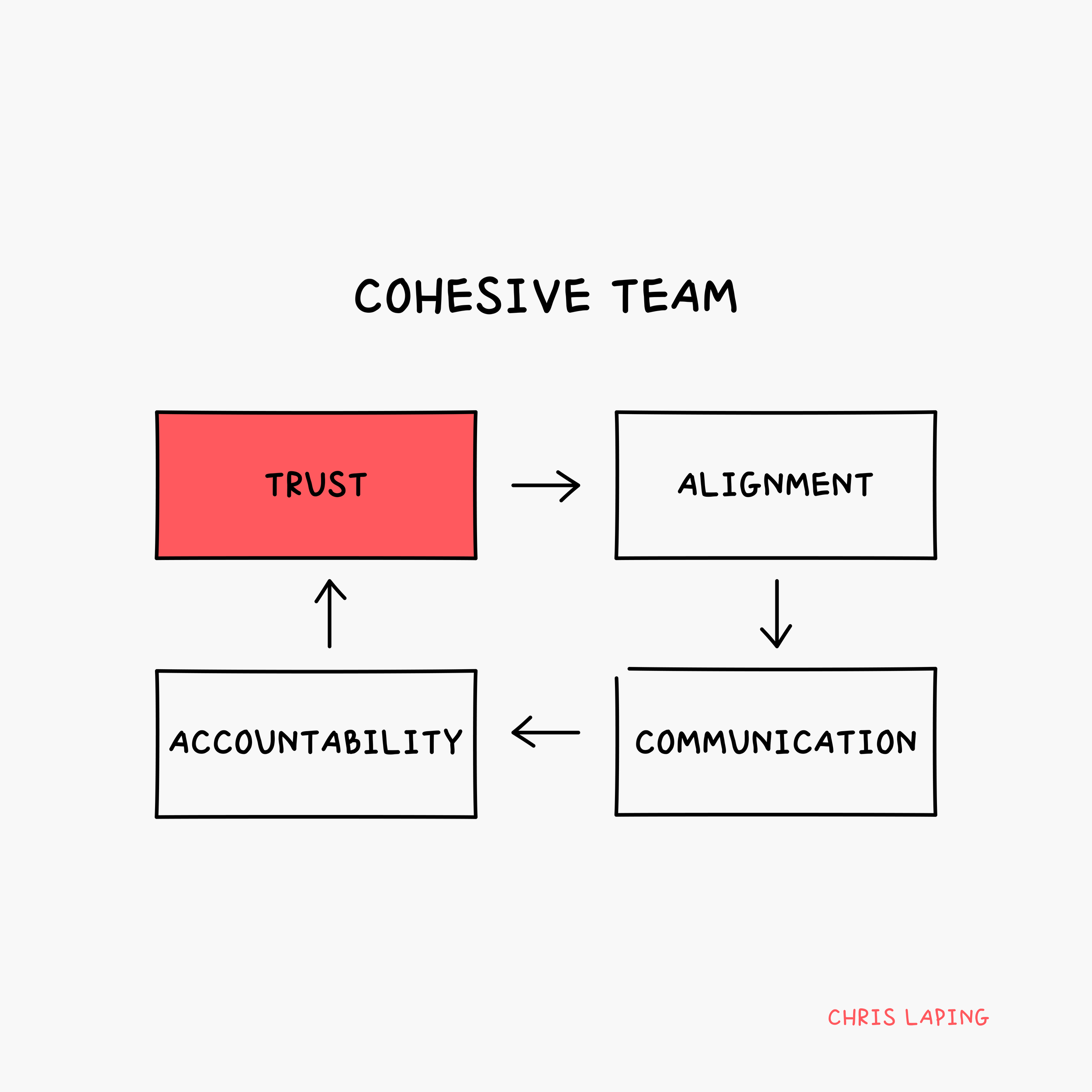Remote Teams: 5 Things You Need to Know
Read time: 3 minutes / Subscribe to this newsletter
Warning: if you love remote work, you might not love this edition.
As you know, my work focuses on helping leaders and teams work better together.
So, this week I’m going to explore remote work. Why? Because I think the conversation has been one dimensional.
It often centers on the happiness and fulfillment of an individual and less so on how it impacts a team.
The next three minutes are about remote work—and what the data and experts are really saying.
5 Things You Need to Know About Remote Work
I.
Employees Prefer Remote Work
According to Gallup, 6 in 10 employees with remote-capable jobs want a hybrid work arrangement. About a third of employees want to fully work remote. In addition, there are plenty of data points that suggest employees are happier and more engaged when they work remotely. These facts are not being challenged, however…
II.
Tension in Two Perspectives
ADP’s Chief Economist, Nela Richardson, eloquently outlined this tension in a podcast: "I think it starts with a difference in perspective. So when the employee says, 'I'm more productive than ever,' they mean it. They're getting more of their work done. When the company says, 'I'm concerned about productivity,' they mean it, too. They're concerned about people working together for a corporate goal. It's the same desire. It's a different perspective."
III.
Is Your Team Better Off
And therein lies the challenge. Conversations about remote work need to be more nuanced than “I support remote work for all employees,” or not. This is one topic where, “It depends,” is truly a better approach. So, the key question for leaders to ask: is my team better when they work remotely? Of course, as a leader, you have to define better. Generally, it’s viewed as increased productivity or output. But you could also look at metrics like rework or time-to-value.
IV.
Early Warning Signs
Starting in late 2022 the warning signs of team decline became visible. The Bureau of Labor Statistics released their quarterly report on productivity. It was the worst drop since 1947. The main headline? No one was sure why! However, you can’t ignore the massive shift in remote labor trends. In fact, researchers at Stanford found that workers thought productivity was higher at home but in their meta-analysis across multiple studies, productivity actually decreased 10-20%.
V.
Expert Analysis
Patrick Lencioni, author of 5 Dysfunctions of a Team, was recently asked if he personally knew of “any companies leading the way on building a thriving, healthy culture over Zoom or over Teams.” His emphatic response was, “No!” (Watch here.) While I’m not as Internet famous as Pat, I do the same organizational health work. And I agree with Pat. It doesn’t mean you can’t be effective or that your specific team isn’t. But I anecdotally observe more communication, accountability, and priority dysfunction with remote teams.
The main punchline: it doesn’t make sense to take an all or nothing approach to this topic. You really have to balance individual benefits with team impacts. If your employees are happier working at home, but teamwork is suffering, then you have to weigh your options carefully.
As always, you can vent, ask questions, or make comments. Let’s get the conversation started below!
Your coach,
Chris
P.S. ♻ Sharing is caring. Please consider forwarding this to a colleague or friend, if you found it useful. Your kindness could improve someone else’s world of work!
